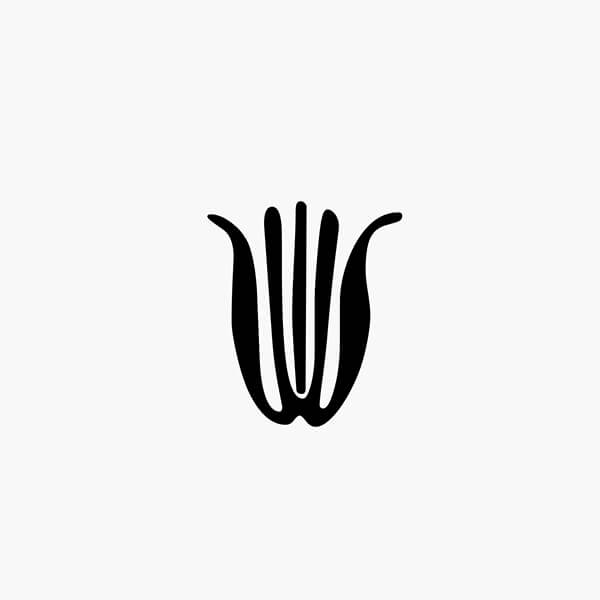

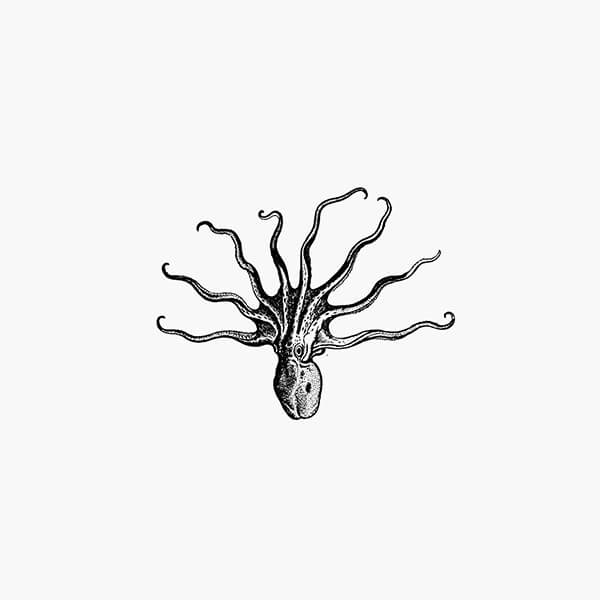
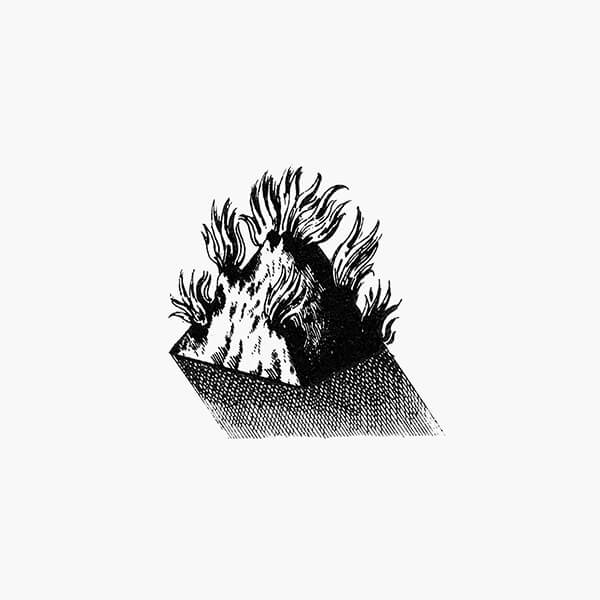

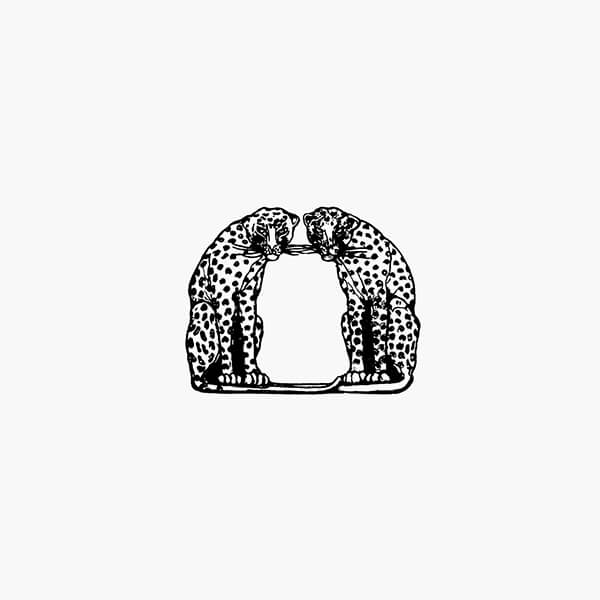
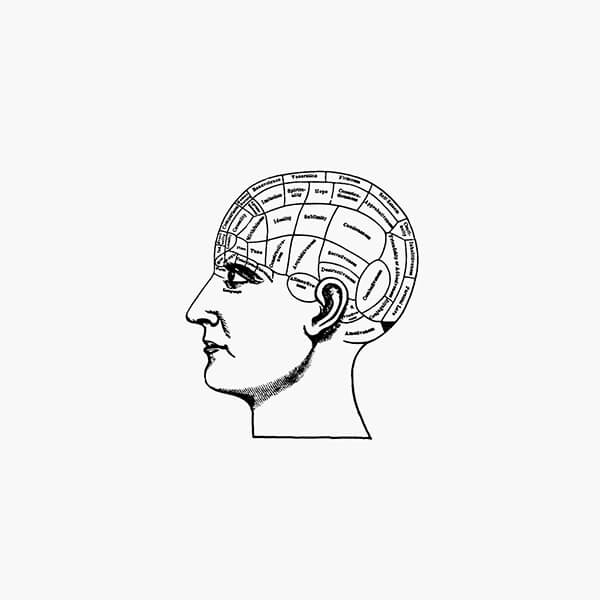
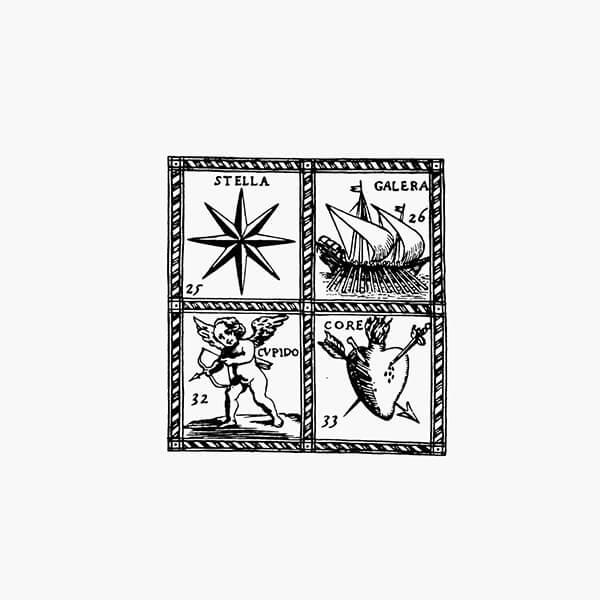
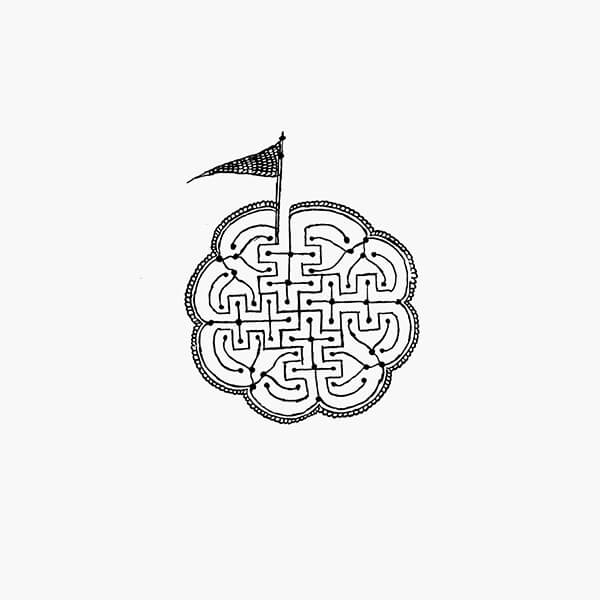









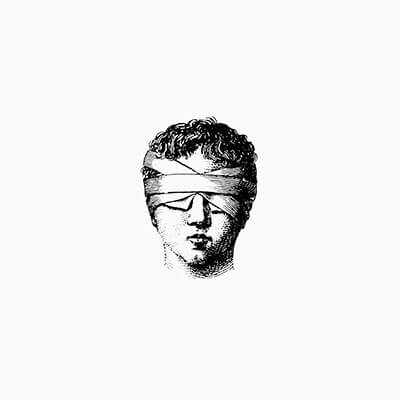

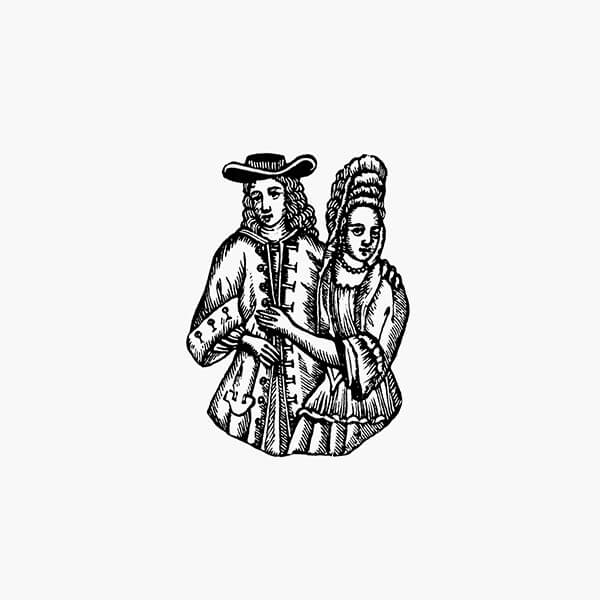



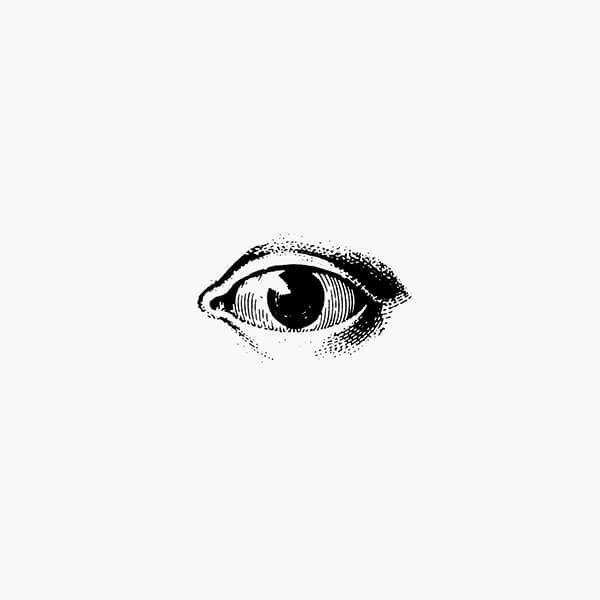



Blue Library
9828 Barili di polvere
Giuliano Pirotta
1973 / 336 PAGES.
Language: Italian
Irritated and irritating, this book depicts an ambiguous hero, a corrupter who attains desperate neutrality. However, the wounds of doubt distil desultory moods: Barili di polvere exposes the authoritative core of the values instigated by the middle class.
We seek facts and find words in Barili di polvere, on fascism and resistance, because it falls within the Western dialogical literary genre, which ranges from Socratic dialogue to Menippean satire, from Erasmus to Diderot and Dostoevsky, all the way down to Musil and Nathalie Sarraute. Listening to the dialogue in Barili di polvere, where the main character, Renato, defines himself not through being (a communist, fascist...) but through existing (of which discourse is the tangible form), we can wonder who will win or shift the focus from the outcome of the match to the whole and intersubjective figure of discourse. A candid and profound book, Barili di polvere is not merely a literary work but, rather, a guide for mental detoxification – ambiguous, infused with poisons, yet therapeutic.